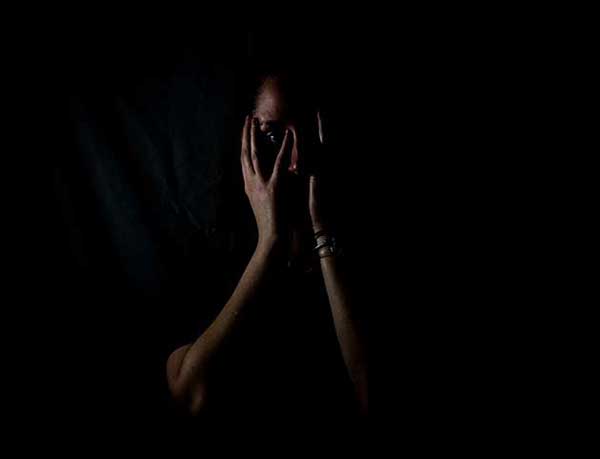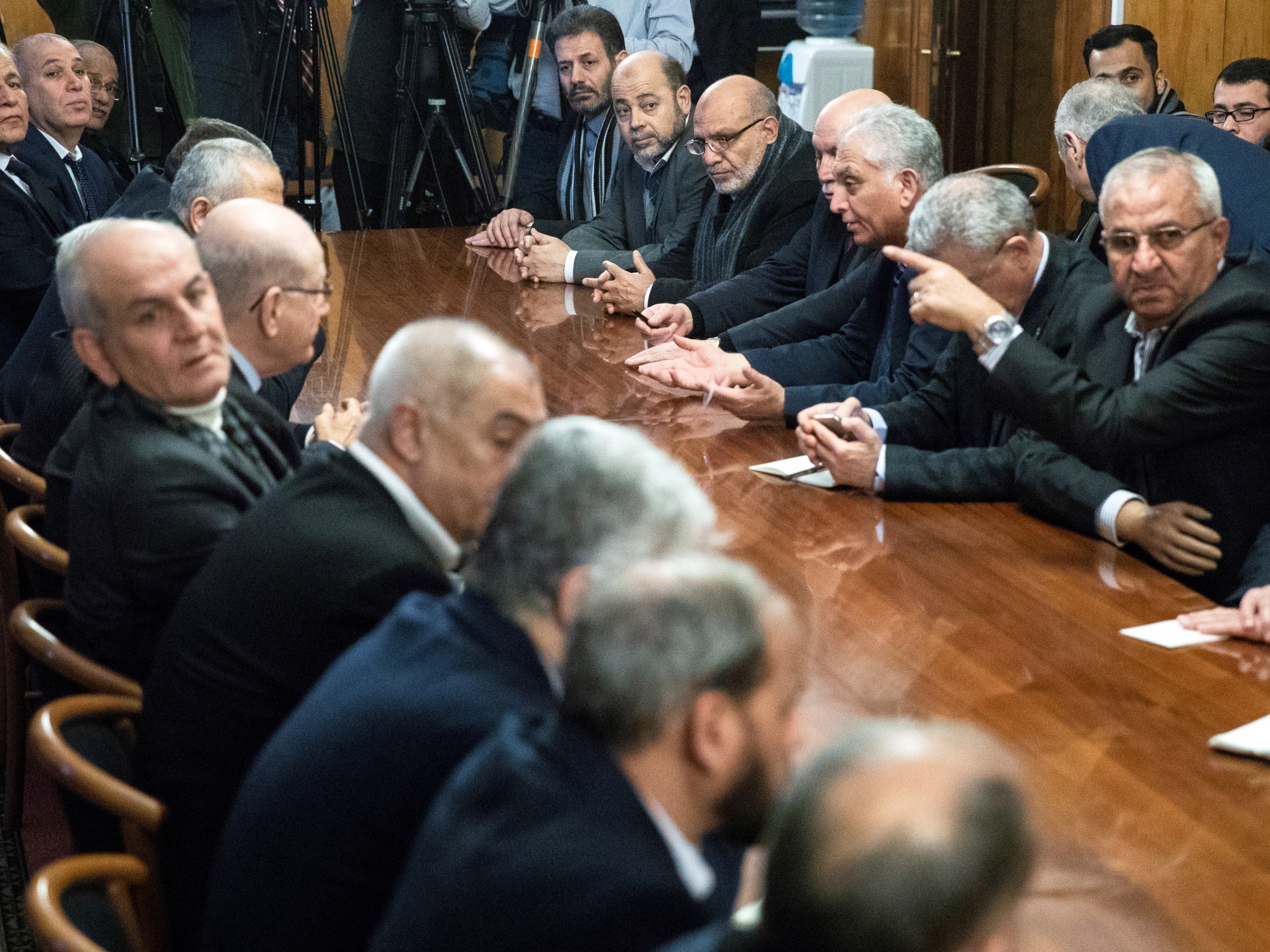Mental Health Must Be Addressed in Medical Facilities and in Communities — Global Issues
ABUJA, Feb 09 (IPS) – Patients who visit public clinics in Abu Dhabi, United Arab Emirates, are asked mental health questions to detect signs of stress and depression early. The process starts with a basic checklist, with patients referred to a nurse, doctor, or specialist. Asking these questions at primary care not only can identify issues early on, but it also helps decrease the stigma often associated with mental health while maintaining anonymity.
This initiative is praiseworthy and should be replicated in all health facilities – both public and private. To ensure continuum of care, mental health services should also be provided in communities.
Globally, there are millions of unmet needs for mental health care. Globally, more than 970 million people are living with a mental disorder, with anxiety and depressive disorders the most common. According to the U.S. Centers for Disease Control, more than 50% of Americans will be diagnosed with a mental disorder at some point in their lifetime.
Without a doubt mental health is important. However, just like physical health, it fluctuates. In an episode of my public health advocacy project, ‘Public Health for Everyone’, Victor Ugo – global mental health advocate and founder of Nigeria’s leading mental health not-for-profit, Mentally Aware Initiative said, “mental health is a continuum – sometimes we experience good mental health and other times, bad mental health”.
Therefore, it is imperative to identify symptoms when they are present and provide timely care. Asking routine questions at primary care visits is an effective way to achieve this.
Sadly, poor perception and stigma associated with mental health vary. For instance, the 2018 mental health in Nigeria survey, which I co-led, revealed shocking results. More than 5,300 respondents were interviewed in all 774 local councils across the country.
Seventy percent of Nigerians believe mental health disease is, “When someone starts running around naked”; and 54% said “possession by evil spirits as a cause of mental health disease”.
Furthermore, 18% said they will take someone with mental health disease to a prayer house for deliverance; traditional medicine healer (8%); locking up the person (4%) and beating the disease out of the person (2%). These shocking results underpin how difficult it can be to change behaviors to improve mental health.
As mental health is a continuum, so should mental health care. It is important to provide care not just at medical facilities but at community levels too. Community members may not be aware that primary care facilities provide mental health care but people they know in the community reach out to them.
Other reasons that community efforts are important include the reality that in many regions, health facilities may be far away from where people live or there may be unattainable costs associated with accessing care at health facilities. These are two examples of successful community-based mental health care services.
First is the Fellowship Bench, which began in Zimbabwe and was founded by Psychiatrist and Aspen Institute Senior New Voices Fellow Dixon Chibanda. Dixon lost a 26 year old patient to suicide because her family could not afford the $15 bus fare from her village to his clinic in Harare, Zimbabwe, for a follow-up visit.
It was a turning point for him, and this sad experience birthed The Friendship Bench. The Fellowship Bench deploys grandmothers, an ever-present human resource in communities, to provide mental healthcare. Grandmothers are trained on evidence-based talk therapy delivered on a park bench. In 2006, the first group of grandmothers went to work.
Chibanda believes that depression is treatable and suicide preventable. However, in low- and middle-income countries, there are not enough psychiatrists. Consequently, 90% of those needing mental health care do not get it, he said in his TED Talk. Therefore, innovative solutions such as The Friendship Bench are necessary to bridge the mental health care gap by providing care right in communities where people live.
Another effort is Mentally Aware Nigeria Initiative (MANI). It provides virtual mental health care to a large community by disseminating mental health information to its more than 180,000 followers on Facebook, Twitter, Instagram, TikTok and LinkedIn.
MANI reaches more than 3 million people (mostly young people) monthly through these social media platforms. MANI’s services are needed in a country of more than 200 million people with less than 250 psychiatrists. This translates to one psychiatrist servicing one million Nigerians. MANI provided mental health care during Nigeria’s 2020 EndSARS campaign against police brutality. Young people protested police brutality but were still brutalized and killed during the protest. Many people needed mental health care and MANI was there to provide it by offering calls.
One of the major challenges to providing mental health is the cost. More funding is required to support and scale more community-based mental health interventions. In 2022, the U.S. Department of Health and Human Services announced nearly $35 million in funding opportunities to strengthen and expand community mental health services and suicide prevention programs for America’s children and young adults.
In Europe, there is a €3,355,000 grant for large-scale implementation of community-based mental health care for people with severe and enduring mental ill health. In Nigeria, the TY Danjuma Foundation recently awarded a grant to Jela’s Development Initiatives to train 200 teachers about basic mental healthcare and create awareness for effective curriculum delivery.
Jela’s Development Initiatives also hosts ‘unburden’ – a group therapy session supervised by a mental health expert, which enables participants to speak about issues affecting their mental health within a safe and confidential space. These kinds of funds are important and need to continue regularly.
Providing mental health services at primary care and community levels can help millions of people. Supporting these efforts is the equitable thing to do.
Dr. Ifeanyi M. Nsofor, MBBS, MCommH (Liverpool) is Senior New Voices Fellow at the Aspen Institute, Senior Atlantic Fellow for Health Equity at George Washington University, 2006 Ford Foundation International Fellow
© Inter Press Service (2023) — All Rights ReservedOriginal source: Inter Press Service
Check out our Latest News and Follow us at Facebook
Original Source







